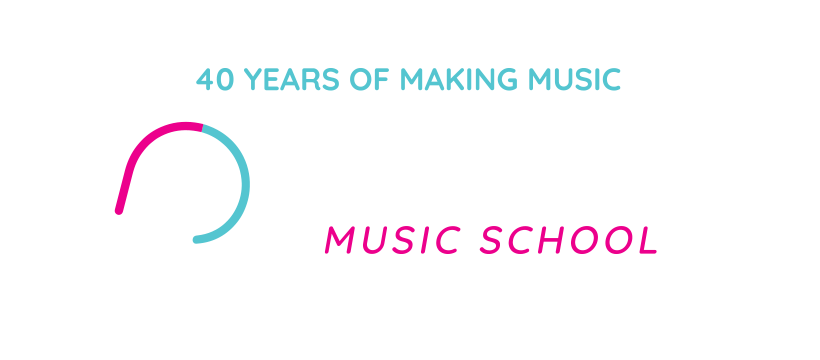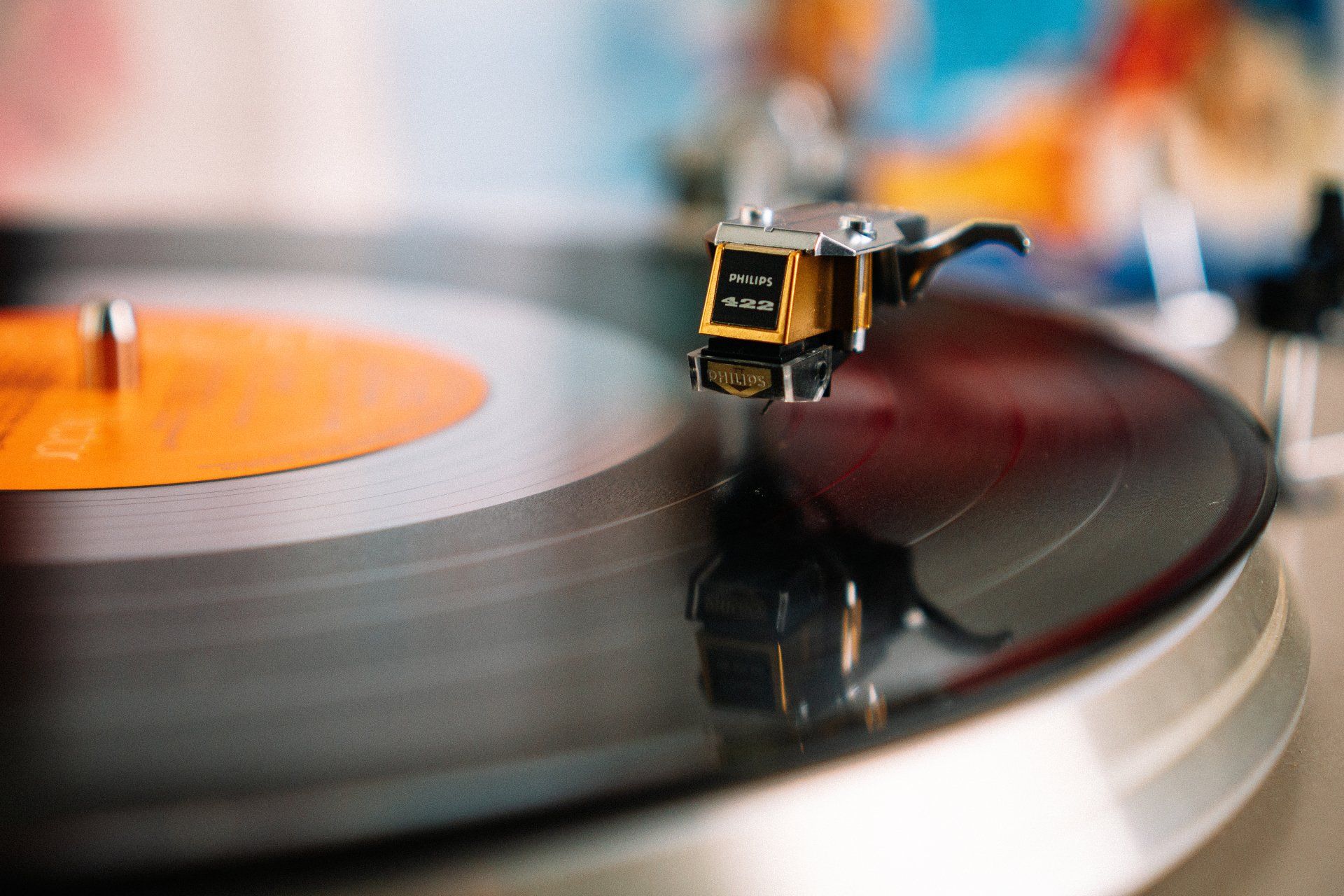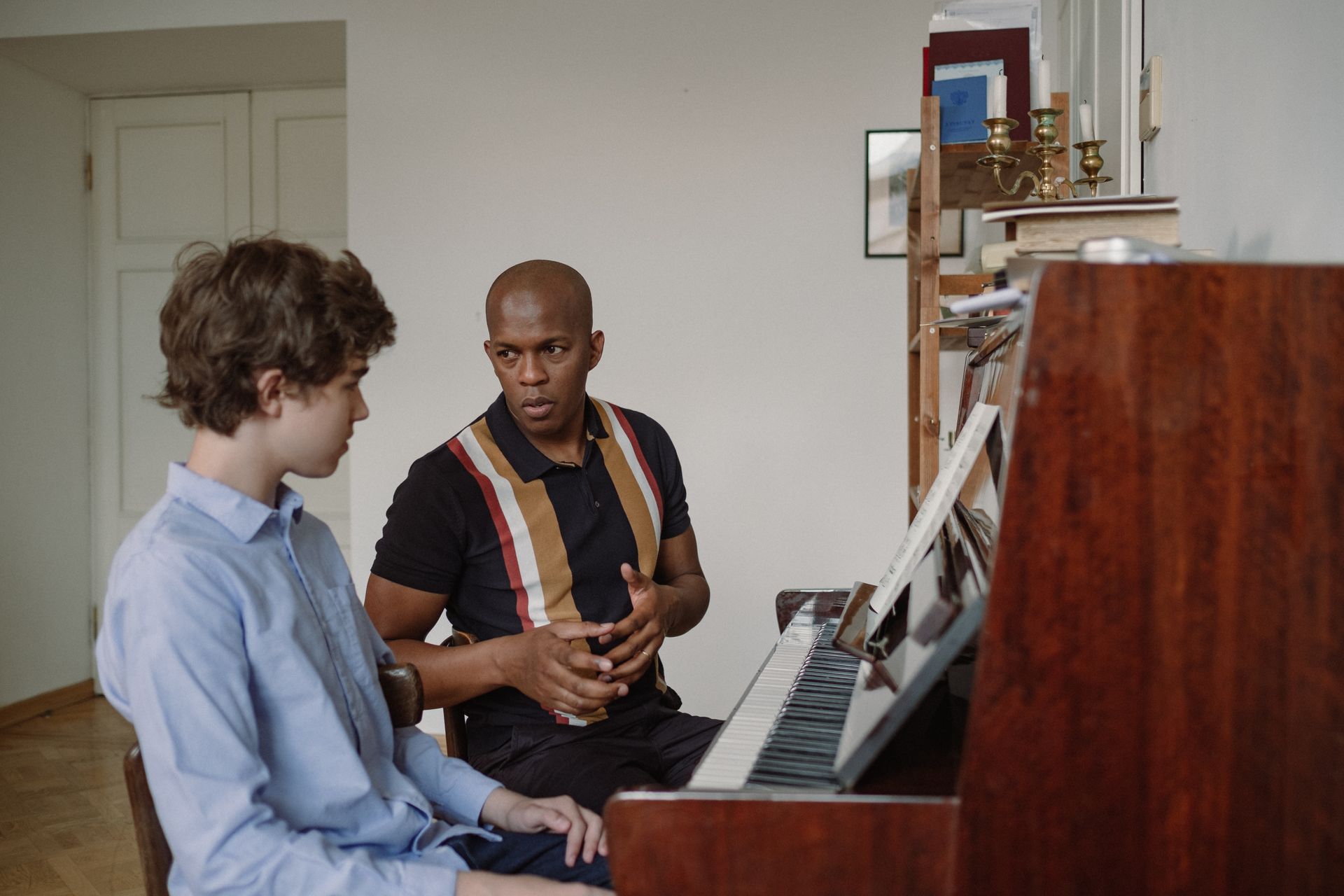Adults and Private Music Lessons
Are you an adult looking to learn a new skill or rekindle your love for music? Private music lessons could be the perfect solution for you.
In this article, we will explore the benefits of taking private music lessons as an adult, including personalized learning experiences, flexibility in scheduling, and the opportunity for self-expression and creativity.
We will also discuss what instruments adults can learn, how to find a private music teacher, and what to expect from your lessons.
If you're ready to embark on a musical journey, read on to find out more!
Why Take Private Music Lessons as an Adult?
Taking private music lessons as an adult offers a personalized learning experience tailored to your goals and preferences. It can be a source of motivation, stress relief, and a way to connect with a community of fellow learners and music enthusiasts.
Adult music students often find that the individualized approach of private lessons allows them to progress at their own pace, focusing on areas that are most relevant to their musical journey. This tailored experience provides a sense of accomplishment and boosts motivation as they see tangible improvements in their skills.
Engaging in music as an adult not only offers a creative outlet for self-expression but also serves as a powerful stress-reliever. The act of playing an instrument or singing can have therapeutic effects, calming the mind and promoting relaxation after a long day.
One of the most rewarding aspects of adult music lessons is the sense of community they foster. Sharing the learning experience with others creates a supportive environment where students can encourage and learn from each other. Testimonials often highlight the camaraderie and bonds formed through a shared love of music.
Personalized Learning Experience
A personalized learning experience in private music lessons allows you to focus on mastering techniques, receive individual attention from experienced faculty, and tailor your schedule to fit your commitments.
One of the key advantages of one-on-one instruction is the emphasis on technique mastery. With personalized guidance, students can delve deep into the nuances of their instrument, ensuring a solid foundation for musical growth. The flexible scheduling options cater to busy individuals, making it convenient to pursue their passion for music without compromising other responsibilities.
The availability of online lessons provides unprecedented accessibility. Regardless of location, students can engage in quality music education from the comfort of their own homes. This modern approach enables seamless learning experiences and fosters a sense of continuity in skill development.
Flexibility in Scheduling
Private music lessons offer flexibility in scheduling, allowing you to choose lesson times that suit your calendar and budget. Some providers may offer discounts for bulk bookings.
The convenience of rescheduling sessions adds another layer of flexibility to your music learning journey. This feature proves to be particularly valuable when unexpected events arise, enabling you to adjust lesson times without hassle.
When considering the balance between lesson frequency and affordability, it is essential to factor in the tuition fees. While private lessons may come at a higher cost compared to group classes, the personalized attention and tailored curriculum can greatly benefit your progress.
By exploring available discounts for multiple lessons, you can make the most out of your investment in private music education. Finding the right mix of lesson frequency and financial considerations ensures a sustainable and enriching learning experience.
Focus on Specific Goals
Private music lessons allow you to focus on specific goals such as mastering music theory , technique, or a particular instrument through consistent practice, leading to numerous benefits in skill development and musical proficiency.
Having clear goals in your private music lessons helps you have a structured approach to learning. By setting achievable targets in areas like music theory, instrument technique, and regular practice routines, you can monitor your progress closely and stay motivated throughout your musical journey.
Goal-oriented learning in music lessons not only enhances your technical skills but also nurtures your creativity, musical expression, and overall performance quality. It encourages you to push your boundaries, explore different genres, and ultimately become a well-rounded musician with a deeper understanding and appreciation of music.
Opportunity for Self-Expression and Creativity
Private music lessons provide an opportunity for self-expression and creativity through ensemble experiences, developing musicianship in chamber music, exploring jazz studies, engaging in chorus performances, and receiving guidance from experienced conductors.
Ensemble participation in private music lessons not only fosters individual growth as a musician but also cultivates collaborative skills essential for successful musical interactions. In chamber music dynamics, students learn the art of blending their sound with others, enriching their ability to interpret and respond to various musical nuances. Jazz studies offer a platform for experimentation and improvisation, encouraging students to explore different styles and expand their musical creativity. Chorus involvement enhances vocal skills and teaches students the power of harmony and unity in music performance. Skilled conductors play a crucial role in guiding students towards artistic excellence and musical refinement.
What Instruments Can Adults Learn?
Adults can choose from a variety of instruments to learn, including piano , guitar , voice , violin , drums , and many other instruments based on their preferences and interests.
Each instrument offers a unique experience and skill set to develop. The piano is often favored for its versatility, helping learners understand music theory efficiently. Those inclined towards harmonic structures might enjoy mastering the guitar, providing a blend of melody and harmony. Voice training allows individuals to explore the nuances of sound production and expression.
On the other hand, violin enthusiasts find joy in its expressive capabilities and intricate techniques, while drums offer a dynamic rhythm-centric learning journey.
Exploring less common options like ukulele, saxophone, or even the flute can introduce new dimensions, catering to diverse musical tastes and preferences.
Piano/Keyboard
Learning the piano or keyboard as an adult offers a versatile musical experience, focusing on technique development , music theory understanding , and the opportunity to participate in recitals to showcase progress.
One of the main appeals of taking piano or keyboard lessons as an adult is the sheer versatility it provides. These instruments not only allow individuals to explore a wide range of musical genres and styles but also offer a platform for technical mastery. Through structured lessons, adults can delve into the intricate foundations of music theory , gaining a deeper understanding of composition and arrangement.
- Furthermore,
- participating in recitals can be a fulfilling experience, as it gives adults a chance to share their musical journey with others and receive valuable feedback. Taking up an instrument like the piano not only enhances one's ability to appreciate music but also contributes significantly to cognitive development and overall well-being.
Guitar
Adults interested in learning the guitar can delve into diverse genres, refine their techniques, engage in regular practice sessions, and even participate in concerts to showcase their musical skills.
Exploring various genres allows adults to uncover different styles of playing, from classical to rock, jazz to blues, and beyond. This diversity not only enriches their musical repertoire but also fosters creativity and adaptability as they master each new genre. Dedicated practice sessions help hone their skills, ensuring gradual improvement in both playing ability and musical understanding.
Participating in concerts provides a unique opportunity for adult learners to share their progress and passion with an audience. The exhilaration of performing live can boost confidence, motivation, and sense of achievement, making the learning journey all the more gratifying.
Voice
Exploring vocal training as an adult opens up avenues for performances, technique enhancement, regular practice routines, and the development of a versatile and expressive musical instrument in the form of one's voice.
One of the key benefits of engaging in voice lessons as an adult is the opportunity for stage performances where individuals can showcase their talents and connect with audiences on a deeper level.
Through focused training, adults can refine their vocal techniques , allowing for a broader range, better control, and a more polished sound, ultimately leading to improved confidence during performances.
Consistent practice under the guidance of a voice coach helps in maintaining and enhancing vocal skills, ensuring steady progress and growth in musical abilities.
Vocal training facilitates the development of emotional expressiveness, enabling individuals to convey a wide range of feelings and connect with listeners on a profound and personal level.
Violin
Learning the violin as an adult requires dedication , guidance from experienced faculty, a structured practice schedule, and opportunities to play in ensembles to refine your skills and musicality.
Adults embarking on their violin journey often face unique challenges and rewards. The dedication needed to balance work, family, and practice can be daunting, but it is ultimately rewarding. The guidance from knowledgeable instructors can make a world of difference, providing insight, technique refinement, and encouragement on the path to mastery. Establishing a structured practice regimen is key; allocating time daily for scales, exercises, and repertoire enhances progress and skill development.
The collaborative aspect of ensemble playing adds a whole new layer of joy and learning. Sharing music with others, synchronizing phrases, dynamics, and emotions, creates a profound sense of community and artistry. The beauty and discipline associated with mastering the violin elevate the experience beyond a mere musical pursuit to a transformative journey of self-expression and creativity.
Drums
Mastering the drums as an adult involves developing rhythmic precision , honing technical skills, participating in performances, and collaborating with other musicians in ensembles for a dynamic musical experience.
Drum lessons for adults offer a gateway into the vibrant world of rhythm, where individuals can embrace the cadence, tempo, and beat that underpin musical compositions. They provide a platform not only for mastering rhythms but also for acquiring technical proficiency through structured practice and guidance.
Being a drummer unlocks countless performance opportunities, whether it's jamming with fellow musicians, playing gigs in local venues, or even recording in a studio setting. The drums play a crucial role in shaping the musical landscape by anchoring the rhythm, injecting dynamics, and setting the groove that drives a piece forward.
Other Instruments
Adults can also explore a variety of other instruments beyond the traditional choices, such as brass, woodwinds, or ethnic instruments , to participate in diverse ensembles, chamber music groups, and receive guidance from skilled conductors.
Learning to play unconventional instruments as an adult opens up a whole new world of musical possibilities. Imagine yourself diving into the rich soundscapes of a saxophone solo or mastering the intricate fingerings of a trumpet. By stepping outside the familiar realm of classical piano or guitar, you broaden your musical horizons and challenge yourself in unique ways.
Ensemble participation offers the chance to blend your newfound skills with others, creating harmonious melodies and discovering the joy of collective music-making. Chamber music collaborations further refine your technique and deepen your appreciation for the intricacies of musical composition.
Under the guidance of knowledgeable conductors, you gain valuable insights and techniques that elevate your playing to new heights. Their expertise helps you navigate complex pieces, interpret musical nuances, and refine your performance to achieve professional-level proficiency.
How to Find a Private Music Teacher?
Finding a private music teacher as an adult can be done through referrals from friends or family, online searches for local instructors, visits to music stores, or exploring opportunities at music schools and conservatories.
Word-of-mouth recommendations are often one of the most reliable ways to find a reputable music teacher, as they come from trusted sources who have had firsthand experience.
Online search strategies can provide a wide range of options, with platforms like Local Musician or MusicTeachers.com offering directories of instructors in specific areas.
Visiting local music stores can also yield fruitful results, as these establishments often have bulletin boards or flyers advertising teacher listings.
Academic institutions such as universities or music conservatories can provide access to highly skilled professionals for those seeking formal instruction.
Referrals from Friends or Family
Leveraging referrals from friends or family for a private music teacher can provide insights into the instructor's teaching style, community reputation, and the satisfaction levels of past students through testimonials.
Personal recommendations from those you trust can offer a firsthand account of the teacher's strengths, weaknesses, and overall approach, helping you gauge whether their teaching style aligns with your learning preferences.
Community feedback on a music teacher not only reflects public opinion but also sheds light on how the instructor engages with students, handles challenges, and fosters a positive learning environment.
Testimonials play a crucial role in evaluating a teacher's impact on students by showcasing real experiences and outcomes, demonstrating the effectiveness of their instructional methods and the rapport they establish with learners.
Online Search
Conducting an online search for a private music teacher allows you to explore instructor profiles, check availability for lesson scheduling, and streamline the enrollment process for seamless access to music education.
By browsing through instructor profiles online, prospective students gain valuable insights into the background, experience, and teaching styles of various music teachers. This helps in finding a tutor who aligns with the learner's musical goals and preferences.
Online platforms offer the convenience of checking lesson schedules in real-time, enabling students to easily find suitable time slots that fit their busy schedules. The streamlined enrollment procedures further simplify the process, allowing students to quickly enroll in music classes without any hassle or delay.
Local Music Stores
Visiting local music stores can be a fruitful way to find private music teachers, explore instrument options, interact with knowledgeable faculty, and seek recommendations for reputable instructors in the community.
When you step into a music store, you not only gain access to a variety of musical instruments but also the expertise of staff members who are often experienced musicians themselves. These interactions can help you in making informed decisions about which instrument would best suit your needs and aspirations.
The faculty in music stores can provide valuable insights and guidance regarding music lessons, styles, and techniques. Their firsthand experience and skill set can be instrumental in connecting you with reputable music teachers who can nurture your talent and passion for music.
Music Schools or Conservatories
Enrolling in music schools or conservatories provides access to qualified private music teachers, opportunities for performances, interactions with esteemed faculty members, and a structured learning environment for comprehensive music education.
Private music teachers in these formal settings are often highly experienced and specialized, offering personalized instruction that caters to each student's unique needs.
- Performance opportunities, such as recitals and ensemble performances, allow students to showcase their talents and develop confidence on stage.
- Faculty mentorship provides guidance and support in navigating the complexities of music theory, technique, and repertoire selection.
- A structured curriculum ensures a well-rounded education, covering music history, music theory, ear training, and practical skills.
Immersive music school experiences offer a cohesive environment where students can immerse themselves in music, fostering creativity and passion for their craft.
What to Expect from Private Music Lessons?
Private music lessons offer a structured learning experience with tailored lesson plans, practice guidelines, clear progression milestones, and transparent information on costs and payment methods for seamless educational journeys.
Each private music lesson typically follows a carefully curated structure, starting with warm-up exercises to hone fundamental skills, followed by focused practice on challenging techniques or pieces. As students progress, instructors introduce new concepts, building on existing knowledge. Clear communication between the student and teacher is crucial in setting achievable goals and tracking progress. Practice requirements are usually customized to the individual's skill level and goals, ensuring steady improvement without overwhelming the student.
Lesson Structure
The lesson structure in private music lessons typically involves personalized instruction from experienced faculty, focusing on technique refinement, regular practice schedules, and adapting lesson content to individual learning needs.
Faculty expertise plays a crucial role in guiding students through their musical journey, offering insights and techniques honed through years of practice. The emphasis on technique development ensures that students build a strong foundation, enabling them to tackle more complex pieces with confidence.
Scheduling flexibility is another key aspect that distinguishes private music education, allowing students to harmonize their passion for music with their daily routines. This tailored approach also extends to customizing lesson plans to accommodate the student's pace, interests, and goals, promoting a more engaging and productive learning experience.
By tailoring lessons to suit the unique requirements of each student, private music education provides personalized guidance essential for effective learning outcomes. This individualized approach fosters a deeper connection between the student and the music, creating a nurturing environment that encourages creativity and musical exploration.
Practice Expectations
Having clear practice expectations in private music lessons fosters skill improvement, motivation, and a sense of accomplishment as students progress towards their musical goals through consistent rehearsal and application of lesson concepts.
Implementing effective practice strategies is crucial in maximizing progress in private music education. By establishing a structured routine that focuses on technique, interpretation, and performance, students can hone their skills systematically. This not only enhances their musical abilities but also instills self-discipline and determination.
Regular practice sessions not only reinforce lesson material but also contribute to a deeper understanding of musical concepts, leading to increased confidence during performances. Setting specific practice goals and tracking progress provides a sense of achievement and motivation to strive for excellence.
Progression and Goals
Tracking progression and setting achievable goals in private music lessons is essential for measuring improvement, enhancing performance abilities, reaping the benefits of musical education, and aligning individual aspirations with tangible outcomes.
Setting goals in private music instruction acts as a roadmap, guiding students towards milestones that signify growth and progress. These milestones not only serve as markers of achievement but also provide motivation to continue honing their skills.
- By breaking down long-term objectives into smaller, manageable targets, students can experience a sense of fulfillment and accomplishment more frequently, fostering a positive learning mindset.
- The educational benefits of goal setting extend beyond skill development, ingraining discipline and perseverance in learners.
- Performance milestones not only showcase advancements but also offer a tangible sense of achievement, boosting confidence and self-esteem.
Cost and Payment
Understanding the cost structure and payment procedures in private music lessons is crucial for financial planning, budget management, exploring tuition options, and utilizing available discounts for maximizing the value of music education.
Private music lessons typically involve various tuition rates depending on factors such as the instructor's experience, lesson duration, and location. Payment methods may range from monthly installments to per-lesson payments, offering flexibility to the students. Students should inquire about any discount opportunities, such as referral programs or bulk lesson packages, to make the most of their budget.
Cost transparency plays a key role in ensuring that students are aware of all charges and potential additional fees upfront. This transparency allows students to accurately budget for their music lesson expenses, avoiding any surprises along the way. Some music schools or independent instructors may also offer financial incentives, scholarships, or payment plans to assist students who might face monetary constraints.
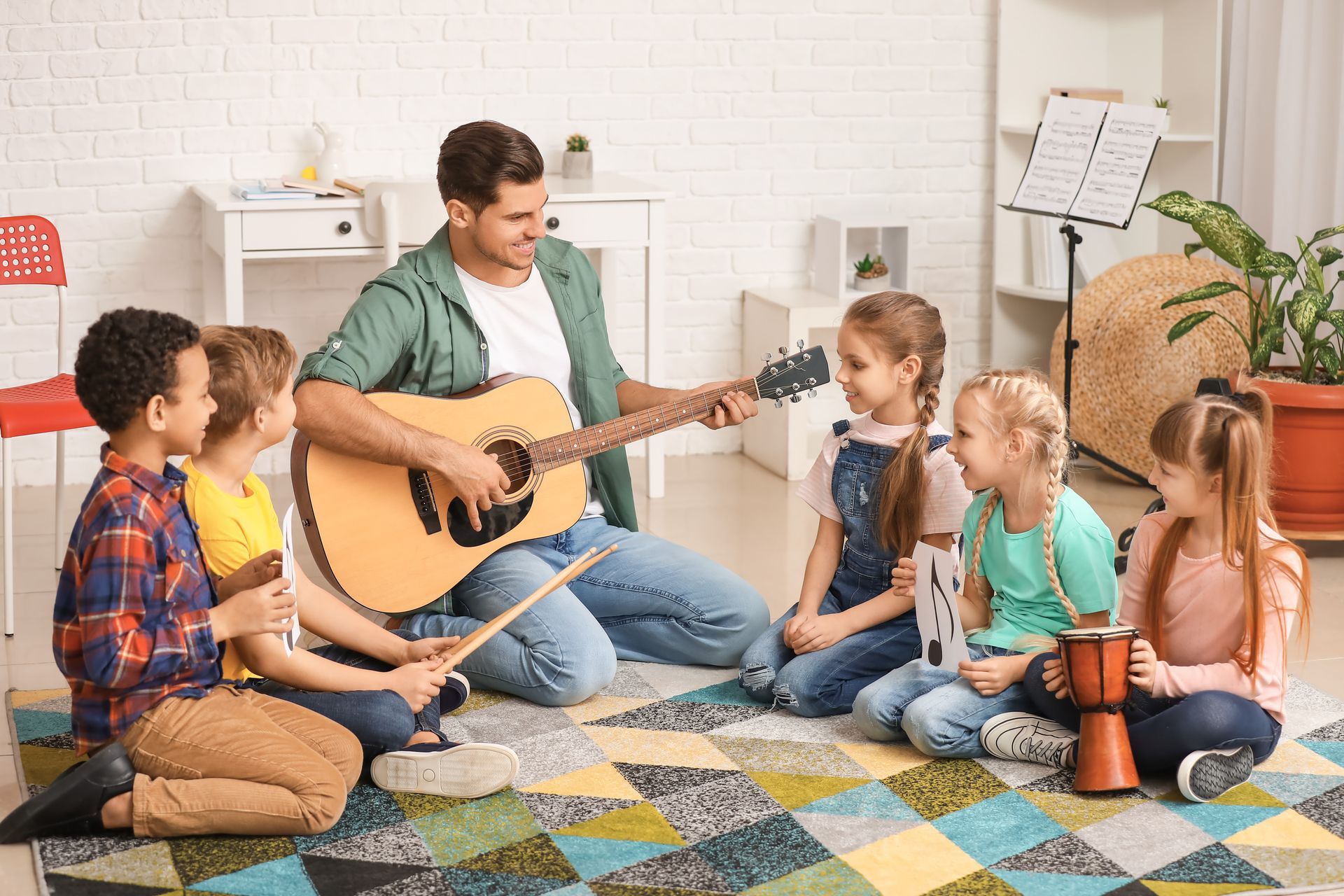

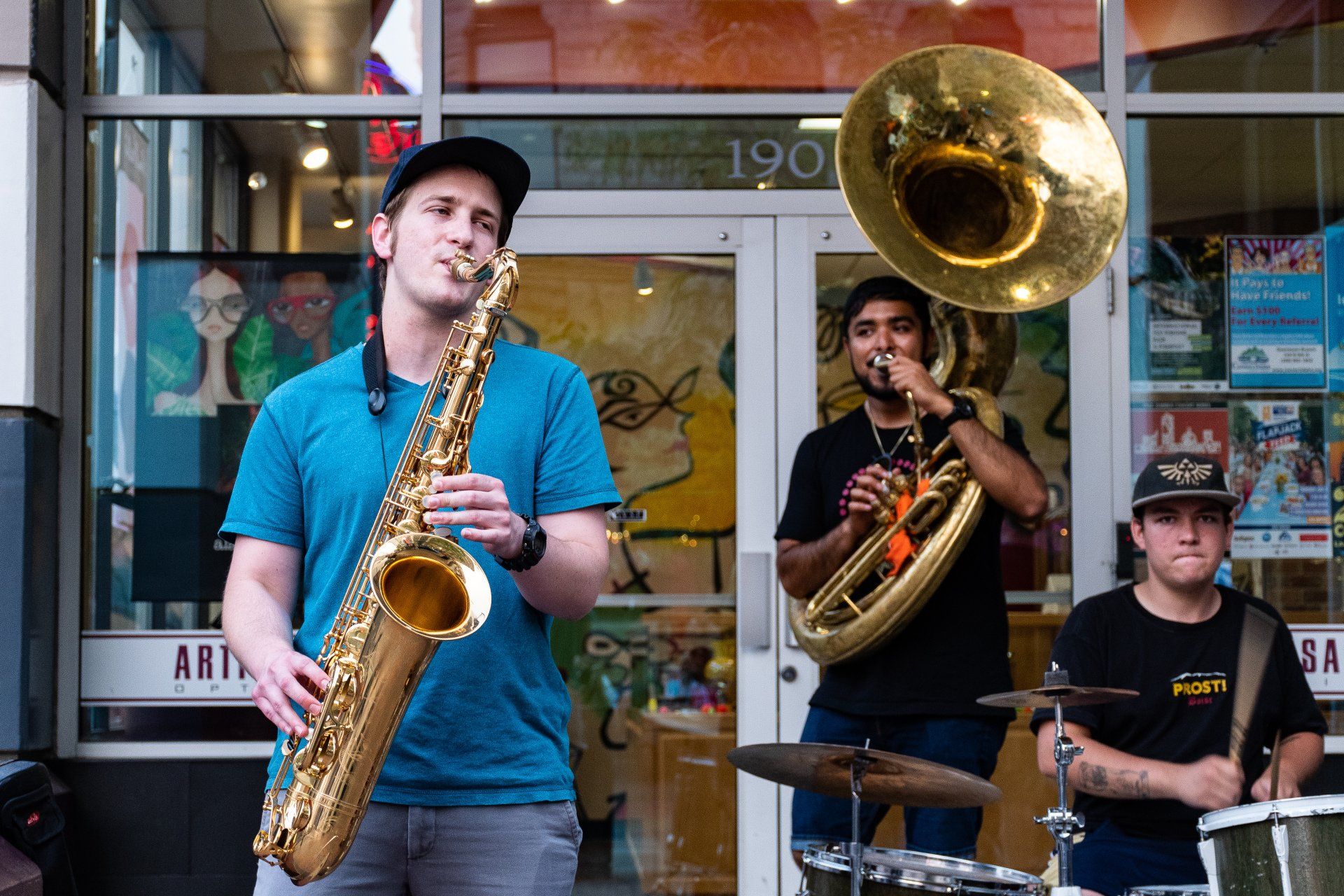


FRESNO LOCATIONS
HOOVER
769 E Barstow Ave, Fresno, CA 93710, United States of America
FORT WASHINGTON
9423 N Fort Washington Ste. 104, Fresno, CA 93730, United States of America
Subscribe to our newsletter to find out about new classes, workshops and promotions.
We will get back to you as soon as possible
Please try again later
